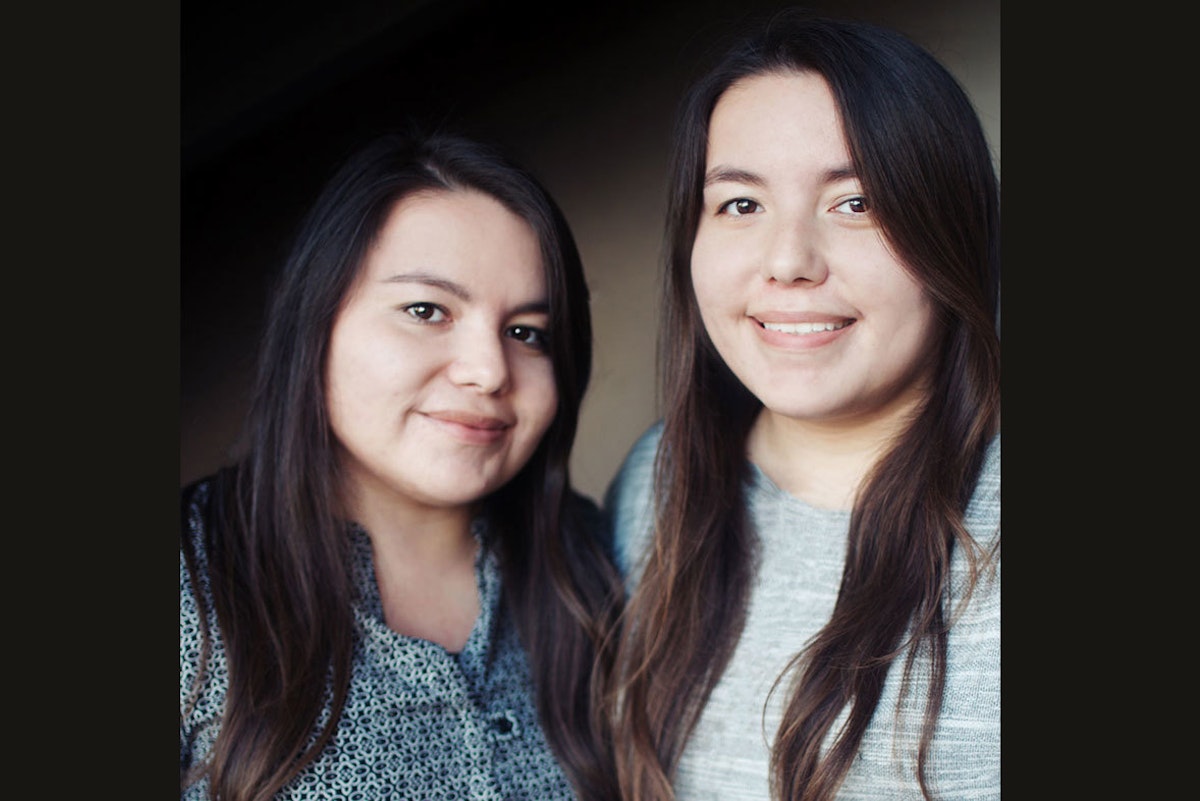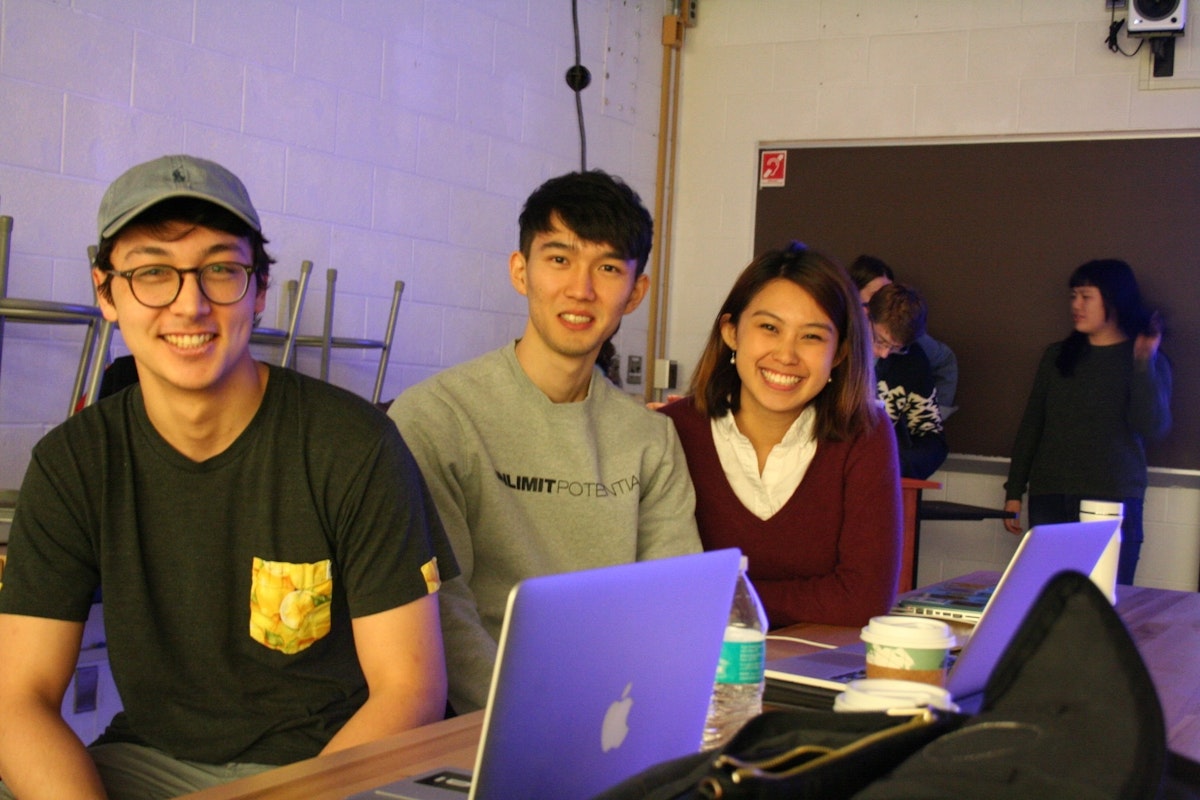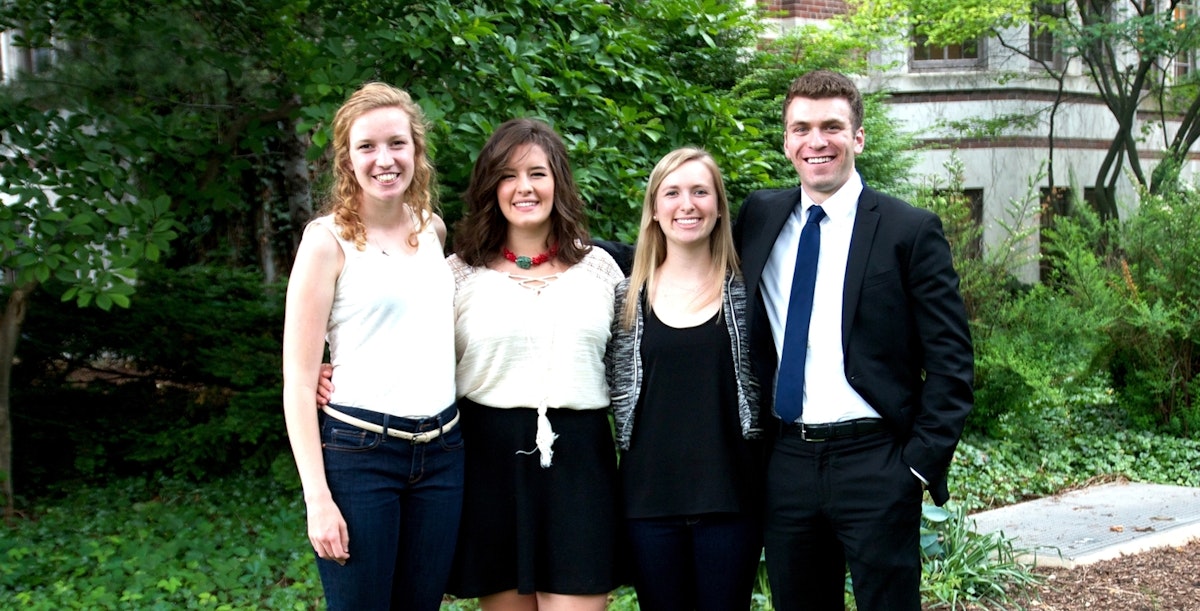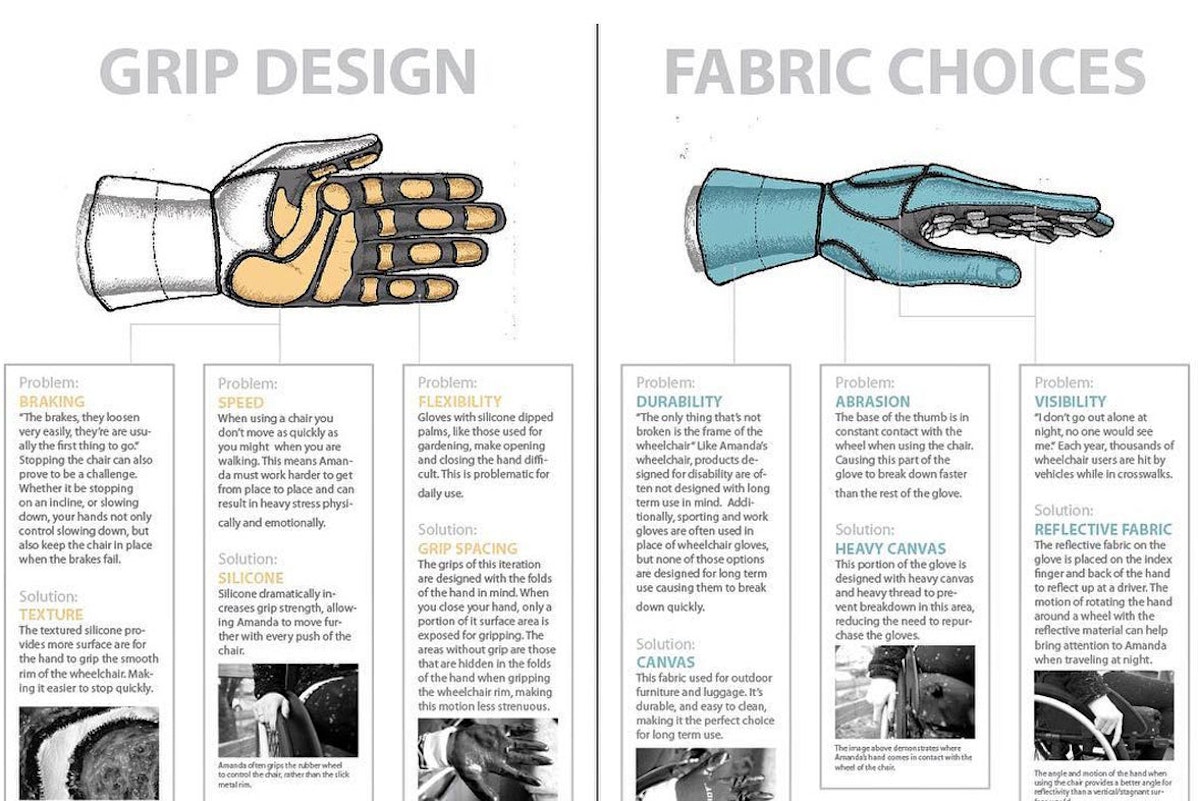Making a Difference & A Dollar: Undergraduate Entrepreneurs at the Stamps School
As Keefer Edwards (BFA '19) sees it, “Stamps is the perfect place for an entrepreneur in the art and design field.”
Keefer is a Stamps student and founder of Keef Company, a thriving eco-friendly Michigan business that produces hand-made clothing, hats, and accessories. “It's so rare for an arts school to be located on a campus that provides the opportunity to explore so many other fields,” he explained. And Stamps students are exploring other fields - with a purpose. Entrepreneurial efforts are blossoming at the school, all with a remarkably clear vision of contributing to the social good.

Through collaborations with others across fields of study and the ability to minor and dual major in a number of academic fields across campus, Stamps students also have access to initiatives like optiMize Social Innovation. A challenge administered by U-M students and the College of Literature, Sciences and the Arts, optiMize provides support, resources, and $100,000 in awards to student teams to turn innovative ideas into action. 2015 optiMize winners Beatriz and Virginia Lozano's online education platform Leesta has benefitted in numerous ways from the optiMize accolade.
Founded by the Lozano sisters - both recent Stamps graduates (BFA '16) - Leesta is an online educational platform that uses interactive storytelling to help elementary school children learn about great women in history, particularly women who are all too often left out of traditional public education lessons.

“The general idea came from thinking back on our own history education, and trying to name women that we had learned about in school,” said Virginia in a recent interview with local media-maker and entrepreneur Mark Maynard. “Beatriz and I could not name one American Latina that we'd learned about. And, after posing similar questions to our friends, who come from different cultural backgrounds, we started hearing the same things from them. Like us, they couldn't name women in American history that they related to.”
Through the entrepreneurial incubation of optiMize, the sisters were able to create a prototype and secure additional funding. In November 2015 the team secured a grant from the Ann Arbor Awesome Foundation, enabling them to expand the platform with an animated module about the work of autistic inventor and activist Temple Grandin.
“During the year, optiMize was pretty intense,” said Beatriz. “And we were coming from a position where we didn't have experience in this world [of social innovation and entrepreneurship]. Working with them really prepared us; learning how to pitch, setting up our model, and getting to know other teams really helped us.”
2016 optiMize fellow Arwin Wang (BFA '17) had similar success with the program. Born as an MHacks project in 2014, Arwin's app Simplify draws together services like Uber, GrubHub, Facetime, iMessage, and iPhoto to present multiple apps in one unified, easy-to-use interface. Designed to support an independent lifestyle for seniors by leveraging 21st century tools and connectivity, Simplify aims to address a big challenge in Arwin's personal life. With family living all over the globe in the Philippines, Belgium, and the United States, Arwin wanted to make sure her grandparents had everything they needed to continue their independent lifestyle in Taiwan.

“Traditionally, my grandparents would live with their children in old age, but the world has changed. Families are globalized. And tech can be confusing for seniors. Digital natives shouldn't be the only ones who benefit from web-based services; seniors need them too.”
Like Beatriz and Virginia, Arwin had access to multiple workshops, speakers, milestone reviews, mentorships, and other professional development opportunities geared to help students refine their product for the for real-world marketplace through the optiMize program.
“The optiMize community is incredibly supportive,” Arwin said. “It's competitive, but it's also a place where we really help each other. The mentorships are very helpful; our mentors talk to us at the same level as any professional.”
Each March, optiMize participants pitch their final products to a panel of judges. Only a handful of students are selected for optiMize Fellowships and in 2016 Arwin was among them, receiving an $8,000 check to further incubate Simplify.
Between MHacks and the optiMize fellowship, Arwin conducted no fewer than five usability tests on Simplify; a practice that will continue even after the product launch happens in summer 2016 via the app store, enabling Arwin to make continual adjustments and refinements for her customers.
“Through my U-M coursework, I learned how to investigate what products people want and how people use them,” Arwin said. “A lot of times, we're tempted to design from our imagination, from what we think people want; I love approaching the process from another angle. As a designer, I'm uniquely positioned to act as a mediator between engineers and users. This approach was critical to my work on Simplify and I can definitely see myself working this way throughout my career.”
2016 optiMize fellow Sidney Krandall (BFA '16) is also a firm believer in design research. Co-founder of ADAPT, an interdisciplinary team focused on creating high-quality products for individuals living with health challenges, Sidney believes that user-independence should be at the forefront of healthcare design, culminating in a beautiful and user-friendly product. As part of their design research, the ADAPT team examined how stereotypes about people who identify as having a disability can influence product design and functionality.

“As we look at the relationship between aesthetics, stigma, and functionality, we are exploring how we can maximize usability for the consumer, but also erode negative stigmas and improve body image through the visual components of our products,” Sidney said.
ADAPT is currently developing their first product line: wheelchair attachments that allow individuals to perform daily tasks in their own way. The attachments address common issues held by individuals who use wheelchairs such as holding umbrellas, backpacks, phones, and small medical devices.
For her senior project at Stamps, Sidney collaborated with client Amanda Jurysta, a Wayne State undergraduate and wheelchair user. Together, the two created a winter wheelchair glove prototype. After a number of user tests - including some that involved Sidney using a wheelchair to get around campus - Sidney was able to customize and create a design solution for Amanda that would keep her hands warm, functional, and stylish during chilly Detroit winters. She even created a custom fabric to match Amanda's gothic style. The gloves prototyped in Sidney's senior project will be produced through ADAPT.

Of her collaborator, ADAPT co-founder Laura Murphy said, “Sidney has shown me that making many small changes in a person's day has a huge impact in the long run.”
Great ideas take more than inspiration - especially when the goal is to succeed commercially and make the world a better place. And at Stamps, students have access to the skills, mentorships, and funding needed to take their ideas from concept to reality - making a difference, and a dollar.
Title image: Arwin Wang presents at the 2016 OptiMize Showcase.